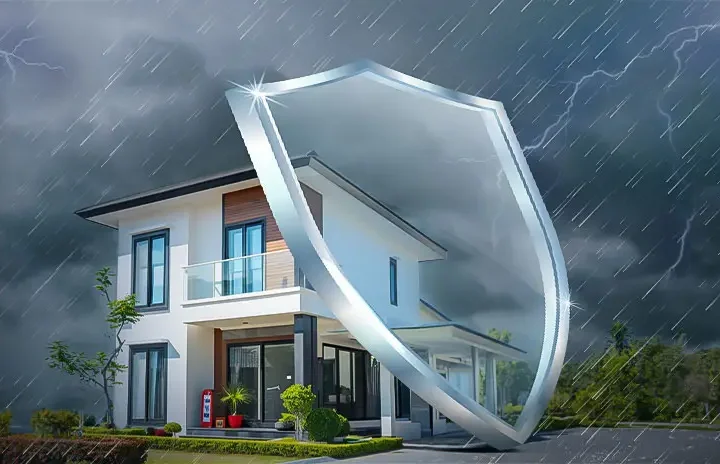Composting diverts as much as 30% of household waste away from the trash can. This helps to reduce landfill space, decreases methane gas emissions (a potent greenhouse gas) and saves money on trash pickup fees.
Microorganisms in compost aerate the soil, convert nitrogen to a plant-available form and help ward off plant diseases. So why not give it a try?
1. It’s Good for the Environment
The process of decomposition turns organic materials into nutrient-rich soil for gardening and reduces our dependency on synthetic fertilizers. This reduces landfill waste, decreases greenhouse gas emissions and protects water quality.
Composting is one of the most simple and economical ways to manage food scraps and yard trimmings. It costs nothing to build a compost pile and requires very little equipment or expertise.
It aerates the soil, reducing erosion and conserving moisture. It attracts microorganisms and insects that benefit the garden, fostering an interacting community that helps plants grow healthier and stronger.
It reduces the need for chemical fertilizers and pesticides. Compost is a great way to recycle certain kitchen scraps that cannot be consumed, as well as non-recyclable items like coffee grounds and eggshells. It also decreases our dependence on landfills and trash incinerators. Food waste in landfills does not break down and instead releases methane, a potent greenhouse gas. Landfills also do not decompose quickly, so they clog up and pollute surrounding environments.
2. It’s Good for Your Garden
The process of making compost turns organic materials into nutrient-rich soil. Whether you’re gardening at home or growing food in your community garden, the addition of compost helps increase soil health and nutrition.
In the garden, adding compost improves soil structure, which in turn makes it easier for plants to absorb and hold moisture. It also decreases soil erosion and makes for a more resilient landscape.
It provides valuable nutrients for the soil, reducing the need to use chemical fertilizers and herbicides. It stimulates a healthy soil ecosystem that includes beneficial bacteria, fungi, nematodes, and insects, which in turn helps control plant diseases and pests.
When building a compost pile, be sure to alternate between “greens” (food scraps, grass clippings, manure) and “browns” (leaves, straw, woody material). Doing so helps balance the proportion of carbon and nitrogen needed for proper decomposition. Keep in mind, it takes time for the composting process to complete. Therefore, it’s important to have an appropriate ratio of browns and greens in the compost pile and to maintain a moist, aerated pile.
3. It’s Good for Your Health
Composting is a natural process that recycles your food scraps and yard trimmings into a rich soil amendment. It helps reduce the volume of waste that is sent to landfills or incinerators, and prevents powerful greenhouse gases from being emitted into the atmosphere.
The microorganisms that break down organic materials in compost bins and piles also help to aerate the soil, which improves its ability to retain water and nutrients for plants. The humus created by these microorganisms also works to suppress pathogens.
A well-managed backyard compost heap contains the right balance of “greens” (nitrogen rich) like fruit and vegetable peelings, tea bags and plant cuttings, as well as “browns” (carbon rich) such as shredded leaves, straw and woody materials. The addition of water and aeration help to speed up the breakdown of the ingredients into compost. Avoid meat scraps, fish bones and cheeses, which contain a lot of fat and can attract rodents. Instead, toss them in your backyard bin or drop off at your local composting facility.
4. It’s Good for Your Pets
We all know to keep toxic foods away from our dogs and secure garbage bins, but compost piles can look like a tasty buffet in the eyes of a hungry dog! If he or she does ingest compost, the bacteria that develop in the poorly decomposed waste can cause gastrointestinal issues, including vomiting and diarrhea.
Carnivorous and herbivorous pets (rabbits, hamsters, guinea pigs) produce plenty of organic waste material that can be used in the garden or the compost bin. The same goes for pet ashes, which can be safely added to the compost after the death of your beloved animal.
Composting is a great way to minimize soil erosion, loosen heavy soils and increase water retention in sandy soils. It also helps to reduce the amount of fertilizer and pesticides that are used on your garden. But the benefits of compost extend far beyond the garden. Many pet owners are choosing to honor their deceased pets by composting them, too.












More Stories
Black and White Living Room
The Role of Transformers in Power Distribution and Grid Stability
The Role of Technology in Contemporary Home Design